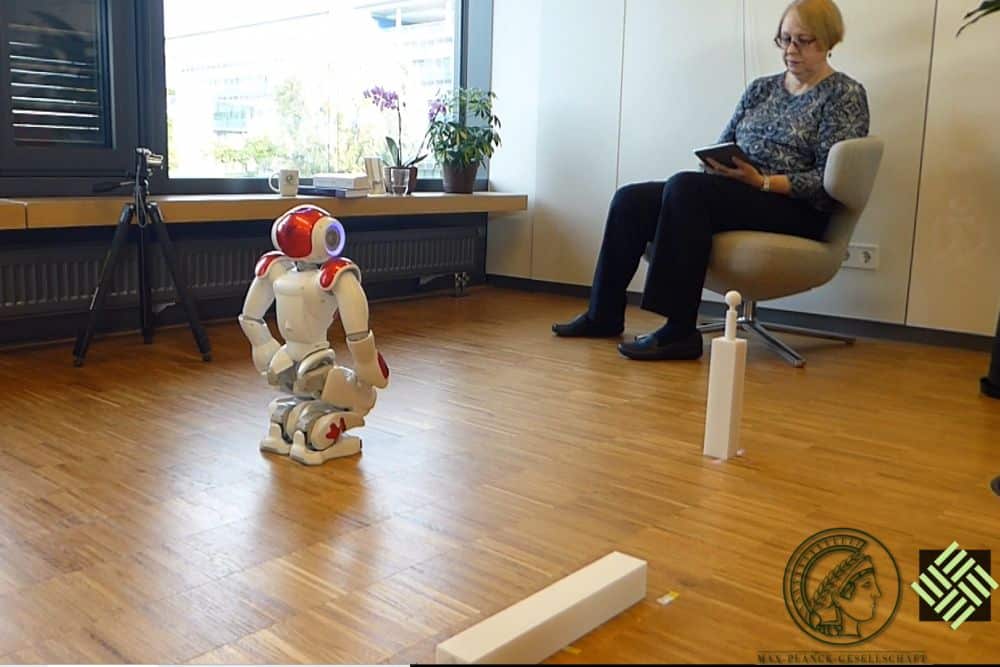Featured Articles Video March 10, 2019

PUBLISHED IN MARCH 2019
Authors
M. Anderson, S. L. Anderson, and V. Berenz
Abstract
In this paper, a case-supported principle-based behavior paradigm is proposed to help ensure ethical behavior of autonomous machines. We argue that ethically significant behavior of autonomous systems should be guided by explicit ethical principles determined through a consensus of ethicists. Such a consensus is likely to emerge in many areas in which autonomous systems are apt to be deployed and for the actions they are liable to undertake. We believe that this is the case since we are more likely to agree on how machines ought to treat us than on how human beings ought to treat one another. Given such a consensus, particular cases of ethical dilemmas where ethicists agree on the ethically relevant features and the right course of action can be used to help discover principles that balance these features when they are in conflict. Such principles not only help ensure ethical behavior of complex and dynamic systems but also can serve as a basis for justification of this behavior. The requirements, methods, implementation, and evaluation components of the paradigm are detailed as well as its instantiation in both a simulated and real robot functioning in the domain of eldercare.